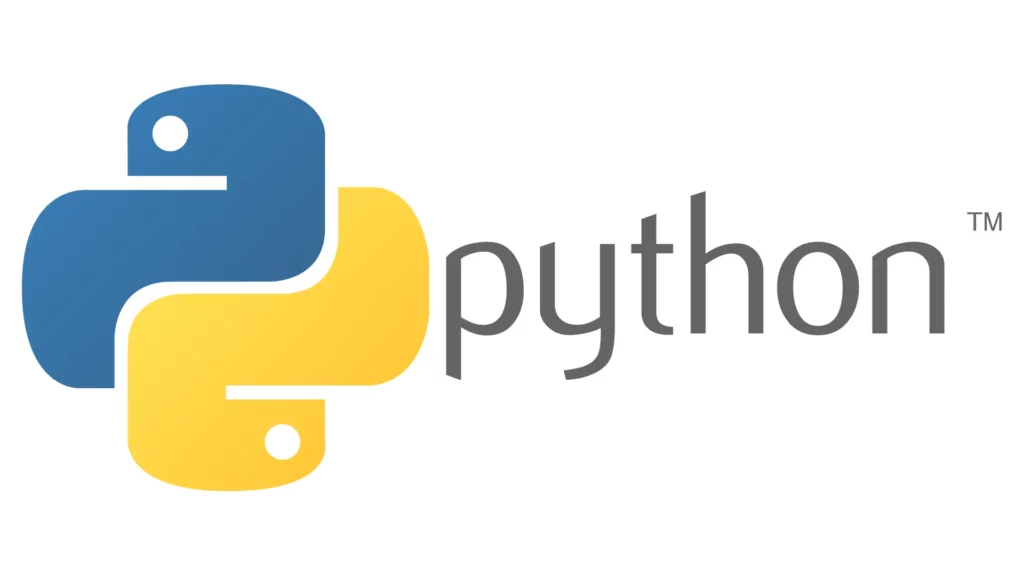
PostgreSQL is an excellent choice for many types of applications, from web and mobile apps to data warehousing and analytical platforms. It’s known for its stability, extensibility, and the ability to handle complex data requirements.

- Open Source: PostgreSQL is released under an open-source license, which means it’s free to use, and you have full access to the source code. This encourages a vibrant community of developers and users who contribute to its development.
- Relational Database: PostgreSQL is a relational database system, which means it organizes data in structured tables with rows and columns. It supports SQL (Structured Query Language) for data manipulation.
- ACID Compliance: PostgreSQL follows the principles of ACID (Atomicity, Consistency, Isolation, Durability) to ensure data integrity and reliability, making it suitable for critical applications.
- Extensibility: PostgreSQL is highly extensible. You can create custom data types, operators, and functions, and it supports procedural languages like PL/pgSQL, PL/Python, and PL/Perl.
- Data Types: It offers a wide range of built-in data types, including integers, text, arrays, JSON, and even user-defined data types.
- Concurrency Control: PostgreSQL handles concurrent access to the database effectively, allowing multiple users to read and write data simultaneously without conflicts.
- Scalability: PostgreSQL can handle large datasets and high loads. It supports various replication and clustering solutions for horizontal and vertical scaling.
- JSON and JSONB Support: PostgreSQL includes native support for JSON and JSONB data types, making it a good choice for applications that work with semi-structured data.
- Geospatial Capabilities: It has built-in support for geospatial data types and geospatial functions, making it suitable for location-based applications.
- Full-Text Search: PostgreSQL offers robust full-text search capabilities through the integration of the tsvector and tsquery types.
- Triggers and Rules: PostgreSQL supports triggers and rules to automate actions in response to database events.
- Foreign Keys and Constraints: It enforces referential integrity through foreign keys and allows you to define various constraints on the data.
- Community and Ecosystem: PostgreSQL has a large and active community that contributes to its development. It also has a wide range of extensions and tools available to extend its functionality.
- Cross-Platform: PostgreSQL is available on various platforms, including Linux, macOS, and Windows.
